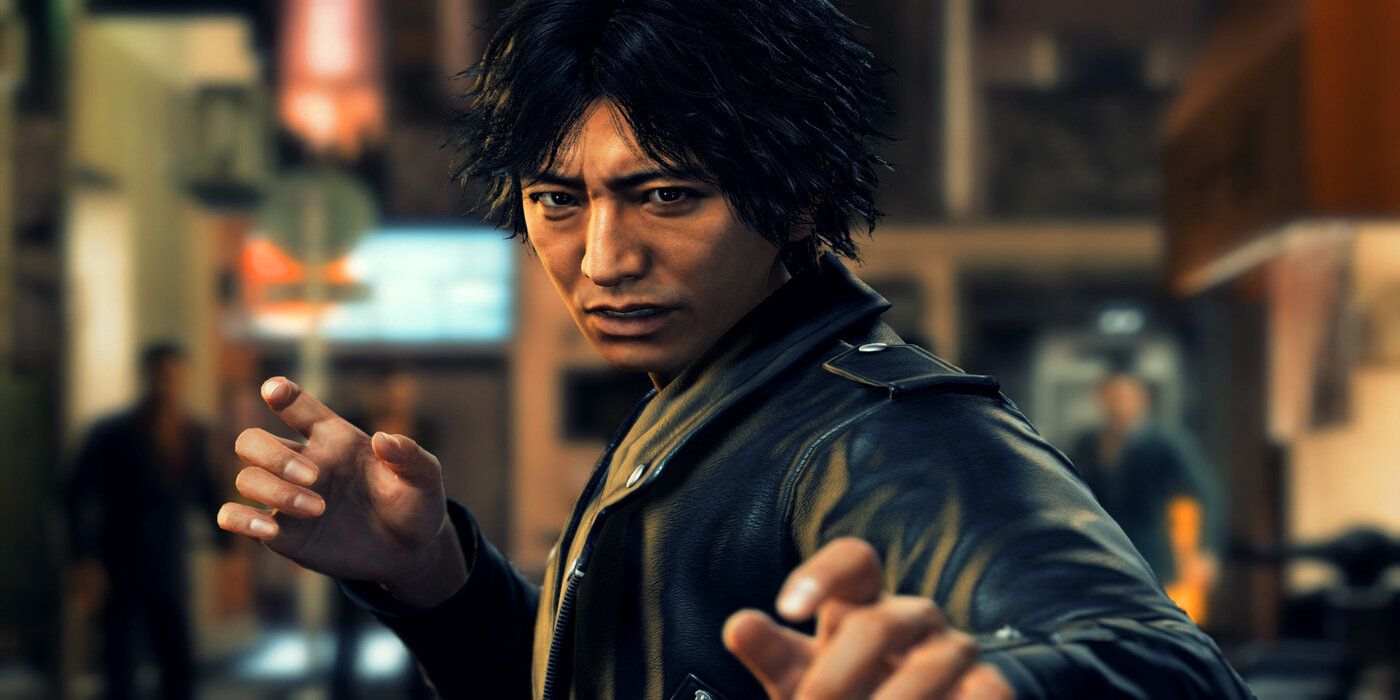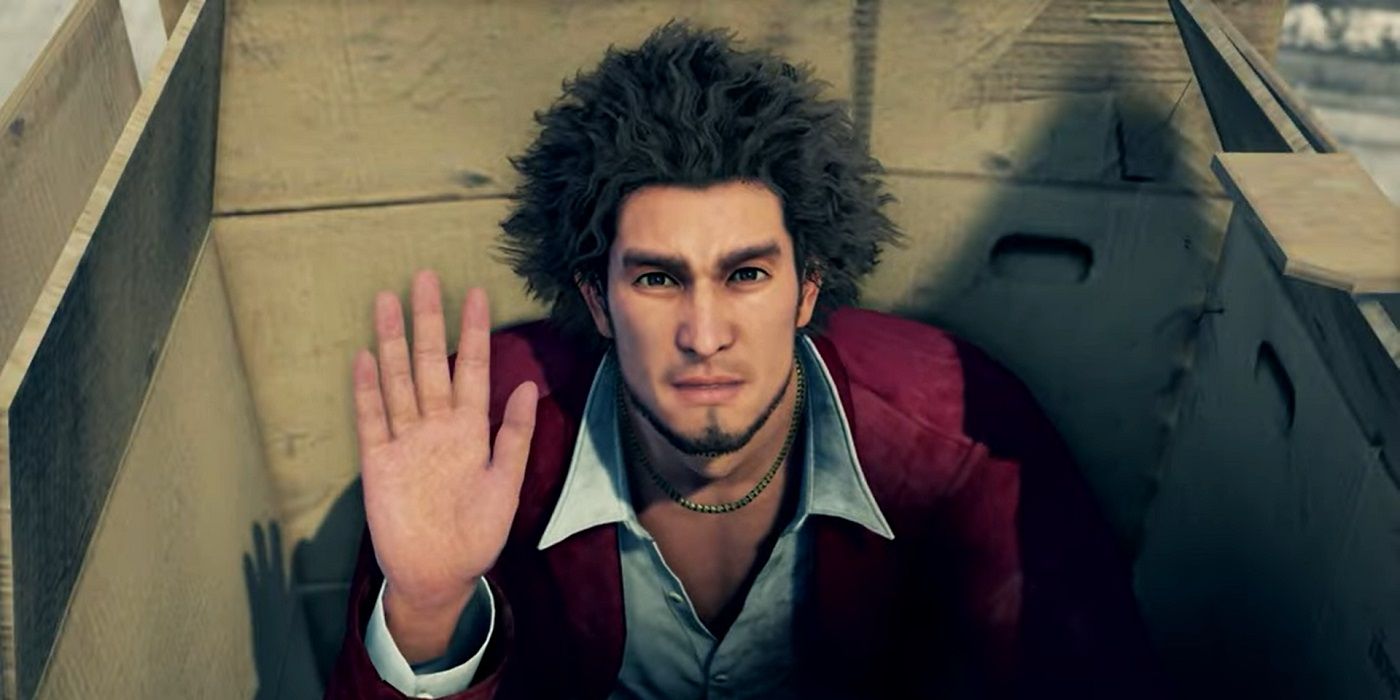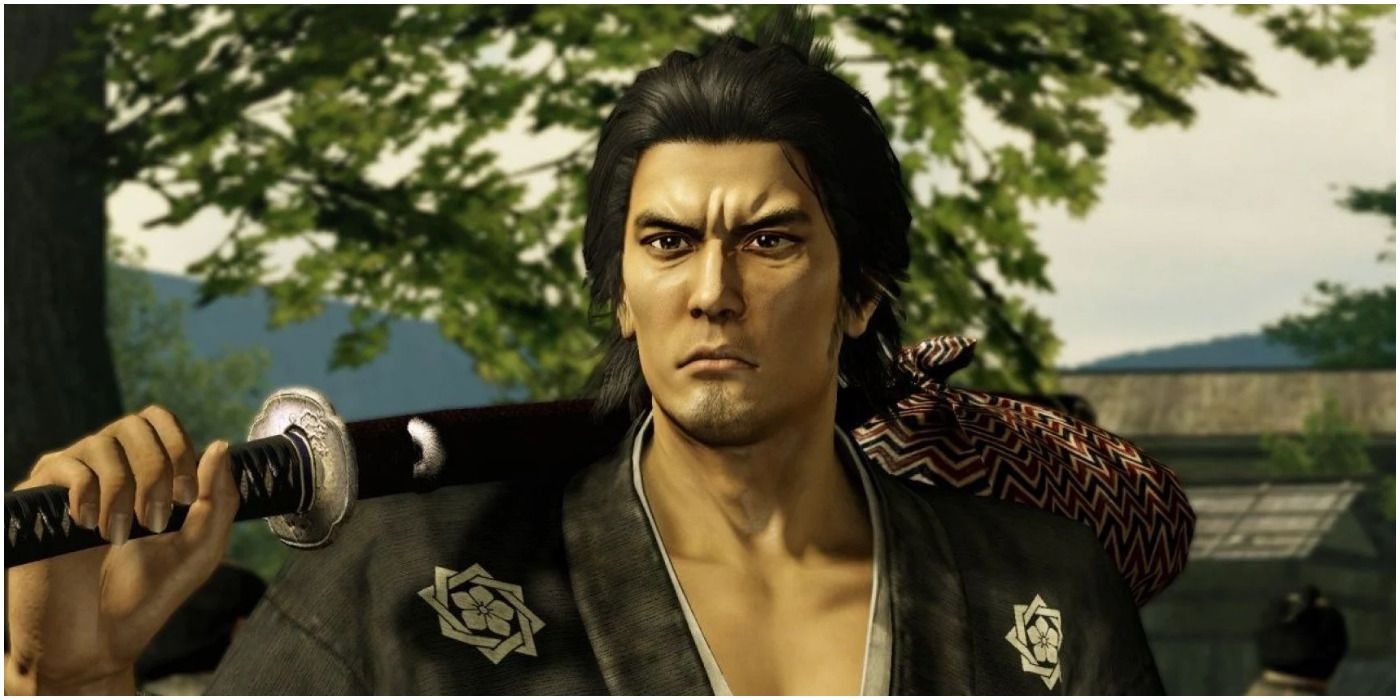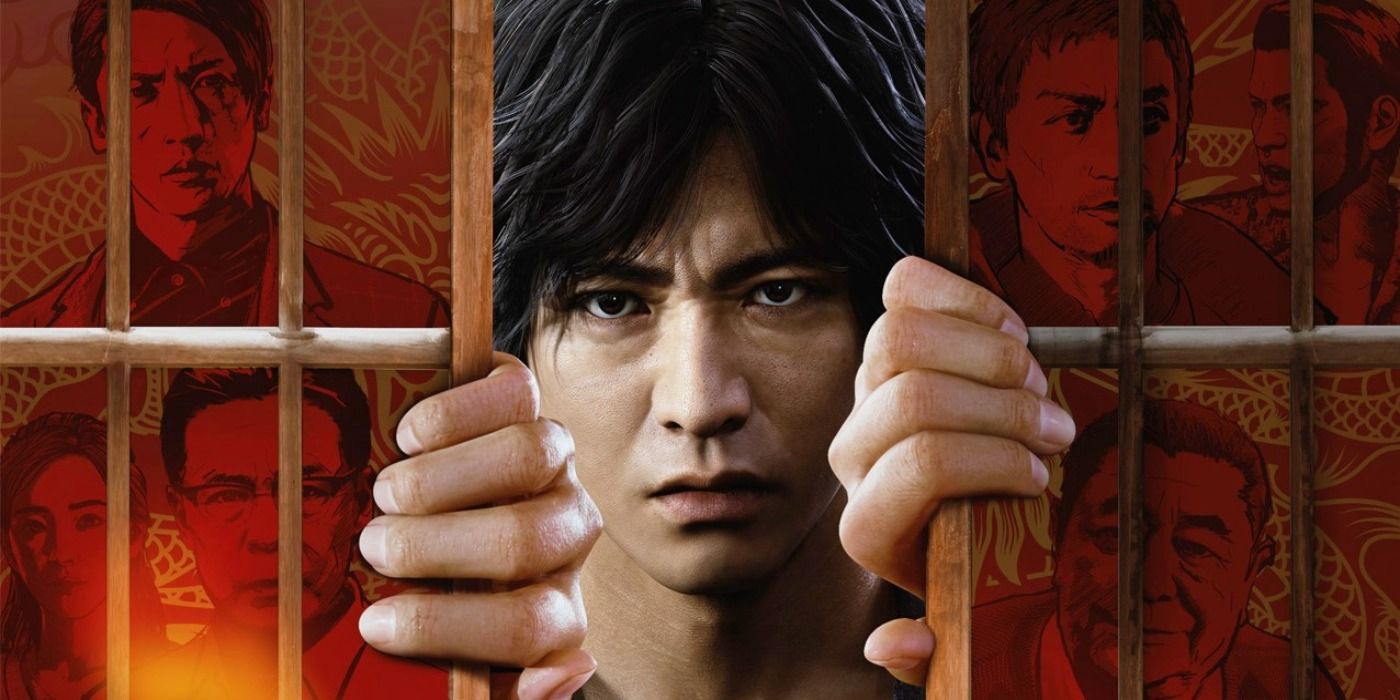Since Yakuza 0's debut outside of Japan in 2017, the Yakuza games have seen a surge in worldwide popularity. However, with eight mainline games released over the course of 14 years, jumping into the series can seem like a daunting task. This only becomes more intimidating when considering the franchise's various spinoffs like Fist of the North Star: Lost Paradise, Dead Souls, and Judgment.
For those hesitant to jump into this mammoth franchise, it might be worth checking out the last item on that list, Judgment, to determine if this quirky, over-the-top series is worth the commitment. While it is a spinoff, the detective-themed side-story has more in common with its source series than most other Yakuza offshoots, and it might even be a better series gateway than the most recent main entry, Like a Dragon. Like protagonist Takayuki Yagami, Judgment may not carry the Yakuza name, but it's still an effective sampler of the series, nonetheless.
Jumping into Yakuza: Judgment Versus Like A Dragon
Before evaluating Judgment's merit as a first step into the Yakuza series, it's important to first address the elephant in the room. Yakuza: Like a Dragon is a fresh start for the franchise complete with a new city to explore, as well as a new cast of memorable, lovable characters. It's fair to assume this latest installment would be a great entry point into the Yakuza series, but the large departure from the preceding games' gameplay might prevent it from filling that role for some.
Unlike the previous games, which were mostly 3D brawlers with room for exploration outside of combat, Like a Dragon is a turn-based RPG inspired by the likes of Dragon Quest, which also happens to be protagonist Ichiban Kasuga's favorite game. Cheeky in-game references to the series aside, the long-running RPG franchise has a definite imprint on Like a Dragon; everything from the gameplay to character backstories and even the game's Job System seems to take cues from Square Enix's iconic franchise. It's essentially a new Dragon Quest game, but instead of following a group of trained warriors who fight to prevent some type of mystical threat, it follows a group of mostly middle-aged homeless men looking for a new lease on life.
The game certainly matches the Yakuza series' penchant for the unusual, but the radically different gameplay doesn't necessarily give players a good idea of what to expect from other Yakuza games. The rest of the series boasts fast-paced, beat-em-up action that was done away with in Like a Dragon, and the former games don't have deep RPG mechanics as the latter does. While Like a Dragon itself is a grand old time, the foundation it's built on has more in common with Dragon Quest and other similar RPGs than it does Yakuza, so just because one falls hard for Like a Dragon doesn't mean they'll feel the same about the rest of the series.
On the other hand, Judgement is perhaps the closest thing to an original, traditional Yakuza game to release since The Song of Life ended the tale of Kazuma Kiryu. It plays very much like the older titles, being a 3D brawler where players switch between multiple fighting styles while rooting out corruption in a city — an apt description of many games in the series. It even shares Yakuza's city of Kamurocho as its central setting. The narrative does differ in a few key areas, namely in that protagonist Takayuki Yagami is neither a current nor even an ex-Yakuza, but plenty of common elements like Yakuza families, sacrificing one's future to better another's, and a wacky sense of humor all permeate the story. They also pair quite nicely with familiar gameplay to make Judgment fit right into the Yakuza series, even if it doesn't carry the name.
Judgment Compared to Other Yakuza Spinoffs
Judgment isn't the only Yakuza spinoff out there, but of the series' side games, it's probably the closest the spinoffs come to delivering an experience like the main Yakuza games. Offshoots like Kurohyō: Ryū ga Gotoku Shinshō, and Yakuza: Dead Souls deviate greatly from the series' established gameplay. The former is similar to a 2D fighter, while the latter is a third-person, survival-horror shooter about a zombie virus overtaking Kamurocho; it goes without saying neither is particularly representative of the core titles. There are two spinoff games besides Judgment, however, that both come close to being great first games for prospective fans to check out.
Ryū ga Gotoku Kenzan! and Ryū ga Gotoku Ishin! are each notable for eschewing the series' setting of modern-day Japan in favor of exploring Japanese history's Samurai era. Despite the shift in setting, the two games still retain the core gameplay and characters seen throughout the main entries. This would probably make them great options for newcomers, as one could learn the basics of Yakuza's gameplay while meeting some soon-to-be familiar faces and experiencing some unique, standalone stories. Unfortunately, these games were never released outside of Japan, making them not particularly viable as gateways to the franchise. The Yakuza series producer has expressed interest in localizing Kenzan and Ishin for the west, but until there's an official confirmation, it's probably best that fans not get their hopes up for an English-language re-release.
As stated before, Judgment exhibits many qualities seen in the Yakuza games, but another point in its favor is that it's by far the most accessible. Along with Dead Souls and the Yakuza-inspired Fist of the North Star: Lost Paradise (which may be a great entry point for the popular post-apocalyptic manga, but not necessarily Yakuza), it's one of three Yakuza spinoffs to be localized for a worldwide release thus far. Of that trio, it exhibits the most shared DNA with its source series.
Judgment: Gauging One's Commitment to Yakuza
Witnessing the entirety of Kazuma Kiryu's near-30-year-long tale can be a bit of an undertaking. To get the full story, one has to play seven full games, each consisting of roughly 30-40-hour-long stories, but that number can easily double or even triple depending on how much time one invests in the game's side content, an endeavor that is highly encouraged.
Suffice to say, the sheer size and depth of the Yakuza games may be enough to ward off potential newcomers before they even get the chance to play one. But as a relatively new series, Judgment doesn't have that problem; the series is only getting its second entry, Lost Judgment, in about two months. On top of exhibiting similar types of gameplay and stories to its closely-related series, the spinoff is also of a similar size to a typical Yakuza game. As such, it does a great job of communicating the level of commitment one can expect from the core games, allowing players to better gauge their interest in the franchise.
With Yakuza headed in a turn-based direction, it looks like Judgment has picked up the action-heavy mantle the series was once known for, effectively making it a spiritual successor to the saga of Kazuma Kiryu. All things considered, Judgment might just be the perfect way for those looking to dip their toes in the Yakuza series to make an informed judgment before deciding one way or the other.
Lost Judgment releases on PS4, PS5, Xbox One, and Xbox Series X/S on September 24, 2021.




